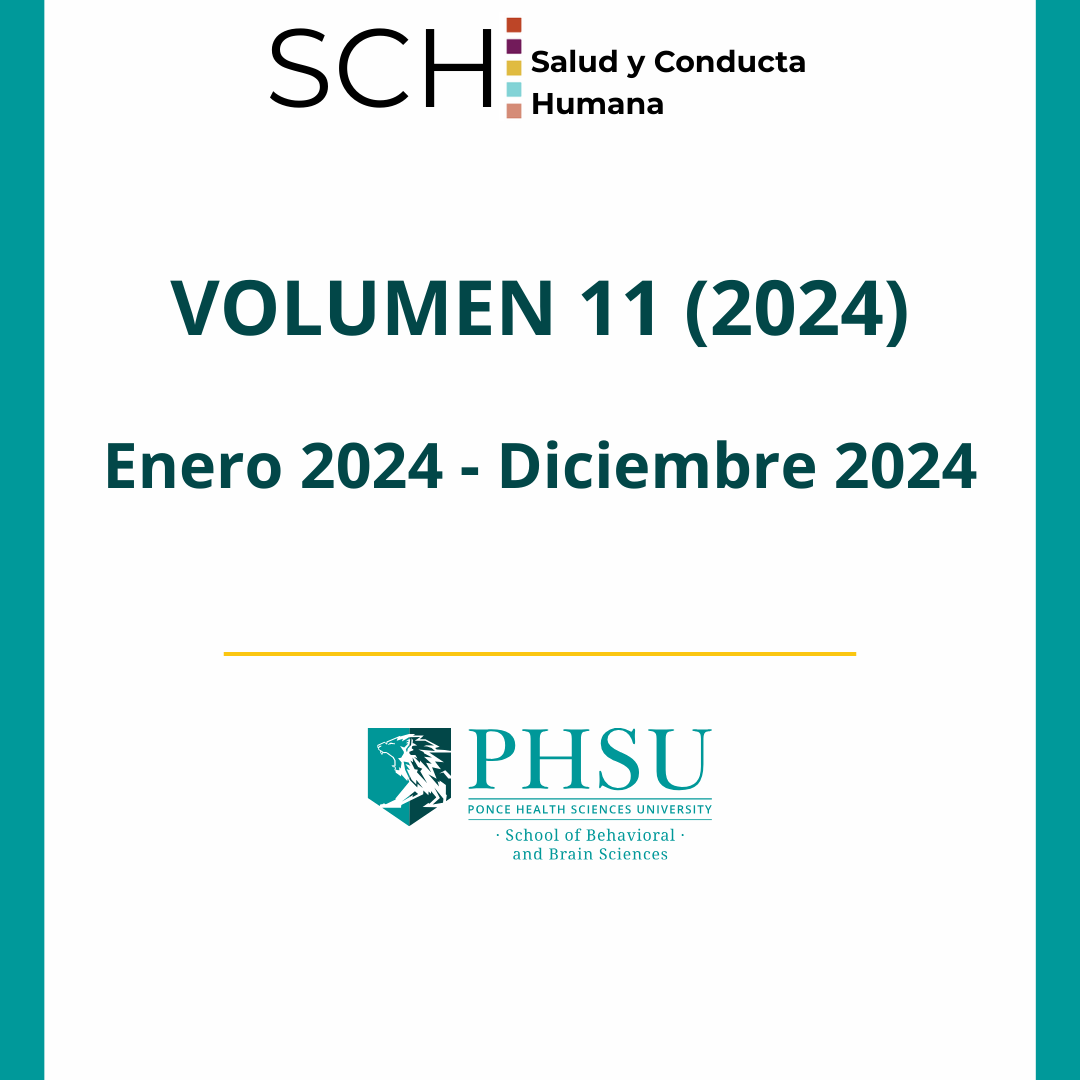Adverse Life Experiences and Psychological Distress in Preschoolers and Their Caregivers
DOI:
https://doi.org/10.71332/8w03kj91Resumen
Puerto Rican (PR) families have experienced multiple adversities in recent years, potentially impacting health outcomes. However, a research gap remains in understanding the adversities faced by PR families with preschoolers and its association with psychological distress. Childhood is a critical period of vulnerability for the developing brain and adverse experiences can have lifelong consequences on the children’s health and development. This cross-sectional study aims to describe adverse life experiences of PR preschool children and their caregivers and determine the extent of their associations with psychological distress. Caregivers (n=102) anonymously completed the Kessler Psychological Distress Scale, the Strengths and Difficulties Questionnaire (SDQ), and the adult and child versions of the Adverse Life Experiences Scale (ALES). Descriptive statistics and Pearson correlation analyses at a 0.05 significance were performed. Among caregivers, 32.4% reported at least five adversities. The most common adversities reported were family death (56.9%), natural disasters (39.2%), and poverty (38.2%). Caregiver reports on their children (ages 3-5) identified 10.2% as having experienced at least three adversities, with natural disasters (22.6%) and family death (15.7%) being the most prevalent. Significant positive correlations were found between caregivers’ ALES scores and psychological distress scores (r=0.46, p<0.001), and between caregivers’ reports on children’s ALES scores and behavioral problems scores (SDQ) (r=0.24, p<0.014). While the study cannot establish causality, these findings suggest that adversities impact participants’ emotional health and well-being. It also highlights the need to elucidate awareness from health professionals about the short- and long-term impact of adversities on the health development of children and families.
Descargas
Descargas
Publicado
Número
Sección
Licencia
Derechos de autor 2025 Salud y Conducta Humana

Esta obra está bajo una licencia internacional Creative Commons Atribución 4.0.


